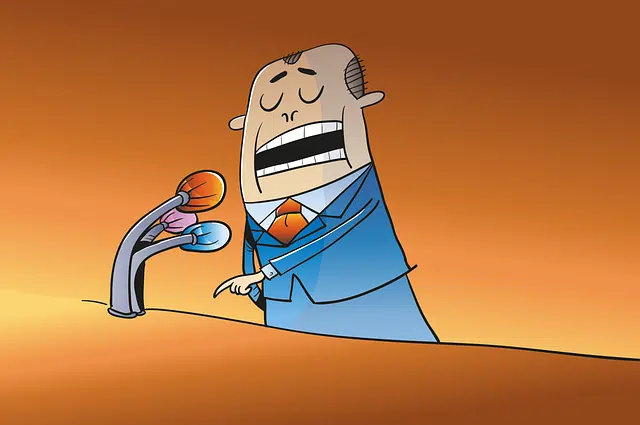
A public policy is an action carried out by a government with the intention of solving a community need.
A public policy is an action developed by a government with the objective of satisfying a need in society . Through a public policy, the authorities in charge of the administration of the State use the available resources to solve a problem or to respond to a demand from the population.
When the notion is used in the plural ( public policies ), it usually refers to all of a government's programs . Public policies, therefore, are designed and executed by the rulers.
Implementation of a public policy
It is important to keep in mind that, for the implementation of a public policy, it is first necessary to define what problems to solve. The visions of the rulers and the demands of the citizens come into play in this determination. Based on this diagnosis , the feasibility of the solutions is analyzed and then public policies are reflected in government actions.
It is understood that public policies must benefit the entire community and be oriented above all to the most vulnerable sectors . However, sometimes governments implement public policies in accordance with their particular interests or even to benefit their friends.

Society can demand the execution of certain public policies.
An example
Suppose that a president, upon coming to power , decides to develop public policies aimed at improving access to education and increasing the quality of educational services .
To this end, it orders the construction of schools in humble areas, incorporates technology in the establishments and increases the salaries of teachers to encourage them in their work. As can be seen, these public policies seek to optimize the teaching and learning processes.
Public policy, an instrument
In short, we can say that public policy is just one of the various instruments that exist for the Government to provide its people with a full life, with opportunities for progress and changes that guarantee the protection of their fundamental rights. One of its most evident characteristics is the joint work carried out between the Government and other actors to carry out a public policy, both in the planning stage and in implementation.
It is important to note that even when the intentions of a Government through a strategy of this type are genuinely altruistic, they do not always result in benefits for everyone. Like everything in life, balance haunts us and causes certain concessions to sustain each situation. Broadly speaking, it is almost impossible to satisfy the needs of an entire people through a single public policy: probably, for a large percentage of citizens to benefit considerably, there will be a minority that suffers some inconvenience, some negative consequence.
From announcement to reality
In general, public policies look better when they are announced than when they are finally put into practice. This occurs due to various errors in the design stage, lack of attention or foresight that are detected too late. Negotiation between the public and private sectors is another feature that is impossible to ignore in this field: economic interests are too strong for the Government to implement its policies without prior conversation with companies.
In an ideal reality, the results of a public policy are easy to perceive through a series of improvements in living conditions, whether at the work, student, health, etc. level. However, in most cases, bureaucratic requirements make it difficult for many people and small businesses to access aid plans, so that the concept of public policy loses part of its supposed character to benefit only a portion of the population. population.
